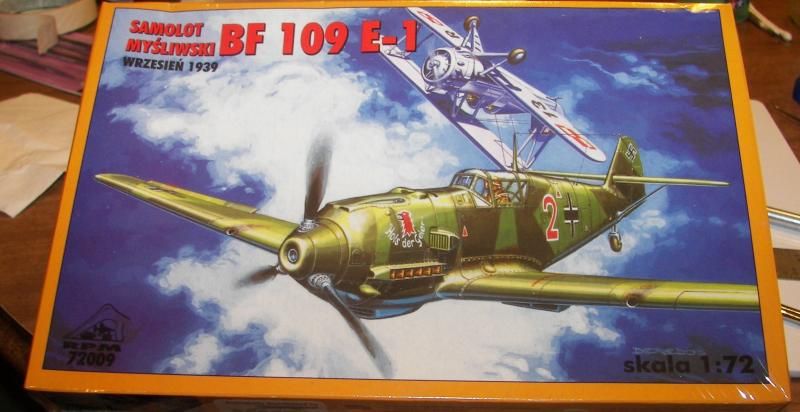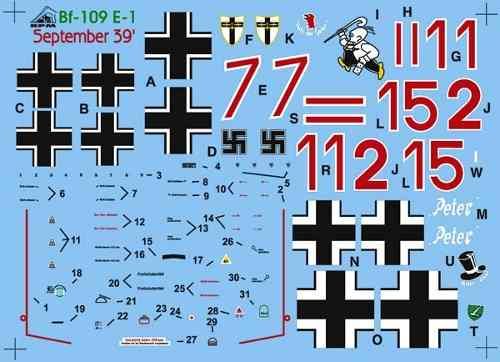The News for 30 August, 1939—Wednesday
In Britain, military guards are posted at all railway stations; regulations forbidding the publication of specific aspects of news are dispatched to British newspapers
The last pre-war first-class cricket games begin in Britain; Lancashire plays Surrey at Old Trafford; the Oval has been designated as a potential prisoner of war camp for expected German paratroops
The British Foreign Office informs Berlin: “Germany must exercise complete restraint if Poland were to do so as well.”
RMS Queen Mary sails for New York City from Southampton, her last commercial voyage before war
France evacuates 16,000 children from Paris
The German government prepares a list of demands in sixteen points; they include annexation of the city of Danzig by Germany; German access across the Danzig corridor; a plebiscite in the Danzig corridor after one year; and an exchange of German and Polish populations; the demands will not be presented to Poland’s ambassador until 1 September
Fuehrer Directive #1 for the Conduct of the War states in part: “ (i) The Führer has concluded that all possibilities of peacefully resolving the crisis on Germany’s eastern frontier have been exhausted and the intolerable situation requires a forceful solution; (ii) The attack on Poland is to be conducted in accordance with the prepared plan ‘Case White’, and is set to begin on 1st September1939.”
Hermann Goering is appointed Reich Council Chairman for National Defense
Switzerland’s Federal Assembly elects Henri Guisan to the rank of “general”; the custom of the Swiss Army is to elect a general only if neutrality is threatened; Guisan is only the fourth general in Swiss history
Poland continues mobilization; all men up to age 40 are summoned to report for enlistment; Poland sends her four destroyers and one submarine to the UK; four other submarines are dispatched to positions in the western Baltic Sea
New Zealand mobilizes the Regular Force and the Special Reserve and mans her coastal defenses
At Cleveland Stadium, the New York Yankees are beat by the home-town Indians, 4-3
The Detroit Tigers beat the Boston Red Sox, 7-6
In her column, “My Day,” Mrs. Eleanor Roosevelt writes: “And still we wait from day to day hoping and praying for peace. I feel that every day that bombs do not actually burst and guns go off, we have gained an advantage. It seems to me a little difficult to negotiate any question in an atmosphere of mobilization, and Europe has certainly become, according to the newspapers, an armed camp. One trembles to think of the number of human beings who stand opposite each other armed to the teeth, and of what a stray quarrel or a careless shot from any of them might bring about.
“Everyone’s ear is glued to the radio and it is interesting to hear how they react to its news. There is one gentleman broadcasting from Germany, a representative of one of the broadcasting companies, who seems to find it a little difficult to be objective about the situation. Perhaps one could not be, and speak from Germany.
“I feel sorry for the German people, waiting for hours while their fate is being decided upon by one man. They are no more anxious for war, I am sure, than the people of Poland, who must also wait anxiously to hear whether their leader may negotiate or whether they must fight.
“The young lady in the beauty parlor where I had my hair done this morning remarked that it did seem as though just because nobody ever won a war, everyone always wanted to go back to war in the hope that the next time they might win. Not very logical, but I’m not sure she isn’t right. It seems to be about the way we human beings reason.”
The sixth NFL All-Star Game is played in Chicago; NY Giants win over the All-Stars, 9-0
General Reijnders is appointed supreme commander of the Dutch Army
Isoroku Yamamoto is appointed supreme commander of the Imperial Japanese fleet
Atley Donald of the New York Yankees pitches a baseball at a record-setting 94.7 mph (152 kph)
In the state of South Dakota, farm wife Harriet Elizabeth Whiting Whitcher writes in her diary:
“1939 Aug. 30th Saturday [note by cmk02: Mrs. Whitcher had her days mixed up; 30 August, 1939 was indeed a Wednesday]
Bright and North-East breeze cool. I got meals, laid down in p.m. and played solitaire, also baked bread and a cake in eve. Will and Narvin chored, went horse-back to Winter pasture where they brought in 143 cows and over a hundred calves and 5 bulls, there was one bull here and 8 cows and they branded 10 calves, this makes 135 head calves, 3 being mine H-W brand, also 4 of the cows and 1 yearling Heifer in Big Pasture. After branding they took the cattle to Big Pasture and we had to eat by Lamp light again. Ben Clausen, who the last 2 days has been moving hay on Wagner land, stopped to see if he can use sweep and get a loaf [of] bread but bread not baked yet.
There are 30 head of Steers and Heifers in Big Pasture, so Men left them there, these were late calves last year.”
Elizabeth Ashley (actress) is born in Ocala, Florida; raised in Baton Rouge, Louisiana, she is the future wife of James Farentino (1962-1965) and George Peppard (1966-1972); among her performing credits are: “The DuPont Show of the Month (1960),” “Ben Casey (1962),” “Route 66 (1963),” “Mission: Impossible (1971-73),” “In the Heat of the Night (1994),” “Treme (2010-2013),” the Broadway presentation of “Barefoot in the Park (1963-67)”
There is one day of peace remaining.


